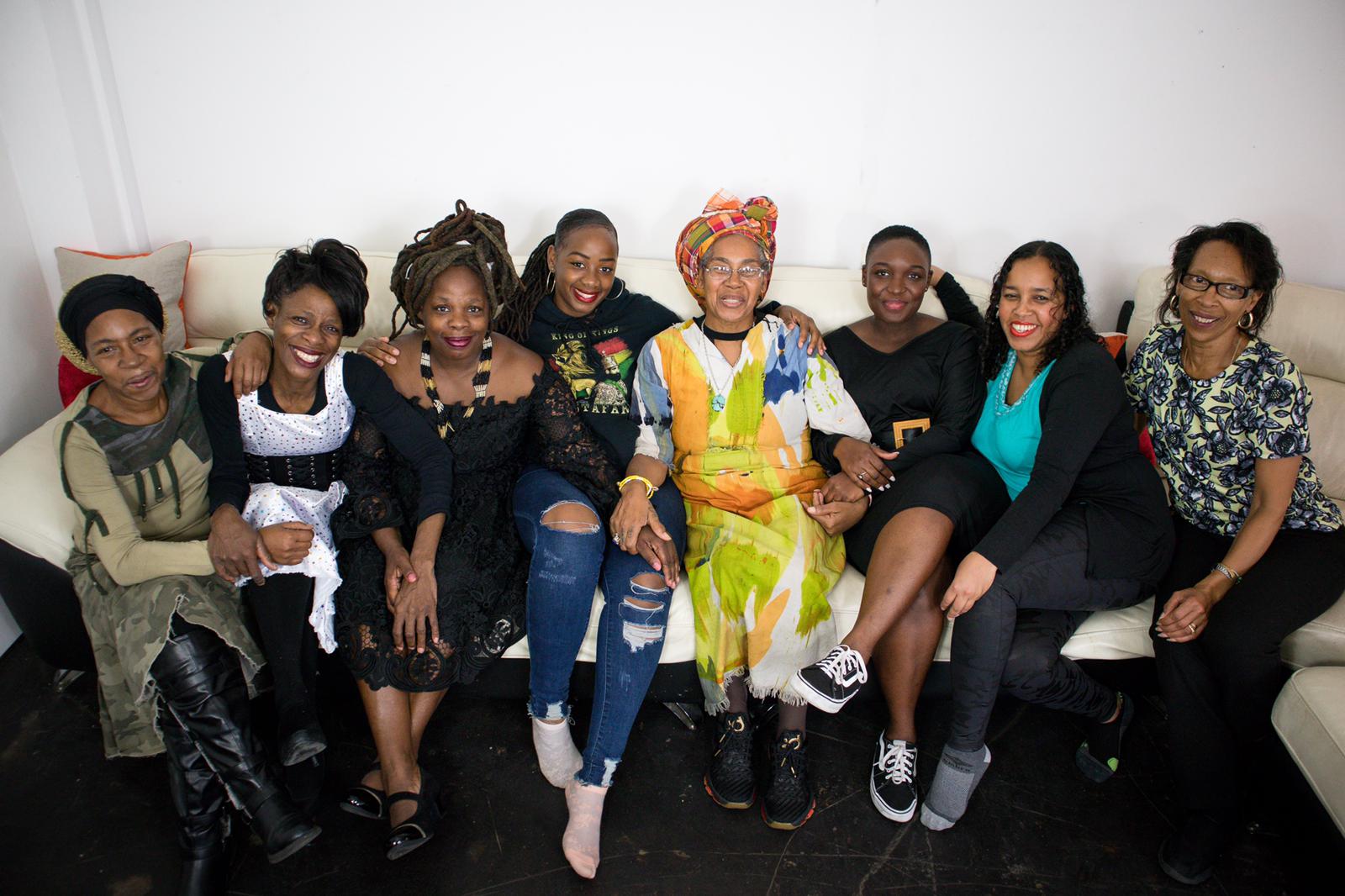According to a new study, eighty-six per cent (86%) of Black women who are of African or Caribbean heritage have either been a victim of domestic or sexual abuse, or know a family member who has been assaulted.
The findings come from Sistah Space, the UK’s first and only domestic abuse charity specialising in African & Caribbean heritage women and girls, at a time when the charity is pushing to pass Valerie’s Law.
Valerie’s Law advocates for mandatory cultural competency training for police officers and service providers, ensuring that black women facing abuse are given accurate risk assessments that correspond to the danger they are facing.
An understanding of cultural environments, barriers, colloquialisms and customs would ensure signs of imminent threat and danger are not overlooked and that black women are safeguarded equally to their white counterparts.
The research also found that eighty-five per cent (85%) of victims didn’t feel as supported by non-black domestic violence advisors due to a lack of cultural and situational understanding. Fifty-seven per cent (57%) would report an offence to the police despite a lack of support.
he last 18 months have confirmed for me what I already knew: that there is racism in every aspect of life, even within the Violence Against Women and Girls (VWAG) sector.
Sistah Space has conducted two separate sets of research, which concluded in 2020-21, funded by Black Lives Matter UK and the London Mayor’s Office.
Ngozi Fulani, CEO of Sistah Space, said:
“The last 18 months have confirmed for me what I already knew: that there is racism in every aspect of life, even within the Violence Against Women and Girls (VWAG) sector. We have seen
a surge of complaints from black women who have experienced racism from housing, the police, even the NHS and other places where black women should feel safe… it is astounding.”
The Valerie’s Law petition has 15,977 signatures on the GOV UK website where the government has responded, stating that “Current training on domestic abuse should include recognising the specific needs of victims due to their ethnicity or cultural background; Government does not feel it is necessary to mandate it”.
However, domestic violence victims that visit Sistah Space reveal chilling experiences that raise questions about whether police and service providers are actually receiving cultural training.
For instance, a research respondent disclosed that when she reported her abusive partner, she was told by a metropolitan police officer, “Well, I can’t see any bruises on you”.
Currently, there is no mandate that ensures officers are educated on black complexions that may not bruise as visibly, even when the victim is at heightened risk, thus allowing officers to use bruising as a signifier of a situation’s severity.
Valerie’s Law was developed in response to the brutal murder of Valerie Forde and her 23-month-old baby by her abusive ex-partner.
Despite reporting his threats to police, it was recorded as a threat to property rather than a threat to life. Law enforcement’s shortcomings saw Valerie and baby Real-Jahzara’s lives needlessly taken while Valerie’s eldest daughter listened on the phone.
Current training does not ensure officers are educated on mainstream cultural threats in the black community and unique traditions that may impact how an officer responds to a report.
“A change must happen. This is why Valerie’s Law must be implemented, so that people can understand the cultural and other issues that affect black women who have experienced domestic or sexual abus
Ngozi, who has provided ongoing support to Valerie’s living children, continued:
“A change must happen. This is why Valerie’s Law must be implemented, so that people can understand the cultural and other issues that affect black women who have experienced domestic or sexual abuse. Black women are dying and it is clear that this inherently racist system doesn’t care, so we have to do what we can to promote equality. Black Lives Matter”
Sistah Space is hoping to take Valerie’s Law to parliamentary debate.
With the launch of the government’s “Tackling Violence against Women and Girls Strategy”, Valerie’s Law would be a welcome addition to ensure that black women’s safety and well-being is of equal priority.
This morning (26 July), Ngozi Fulani discussed Valerie’s Law on BBC Radio 4’s Woman’s Hour alongside Professor Aisha K. Gill, Ph.D. CBE. The episode will be available online, here.
To view an Infographic on the research: https://bit.ly/3kKKpoX
To sign Valerie’s Law petition: https://bit.ly/3zvLCEHhttps://petition.parliament.uk/petitions/578416
To learn more about Sistah Space and Valerie’s Law visit here: https://bit.ly/3Byb9iA


Comments Form
1 Comment
Thank you for highlighting this very essential matter in such a detailed way.